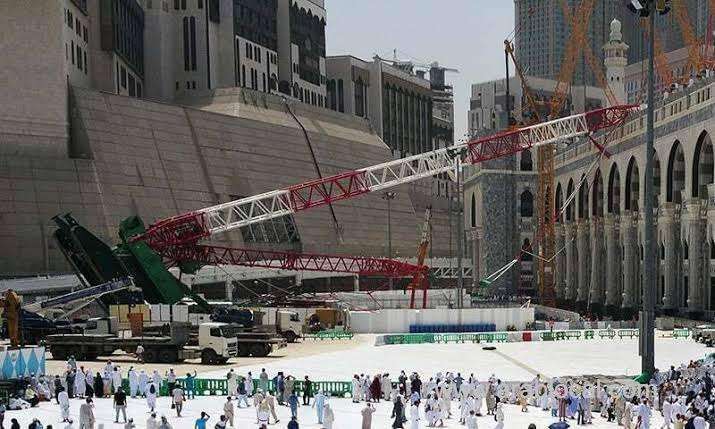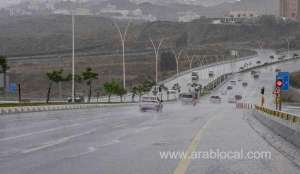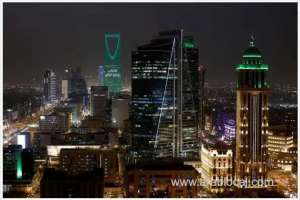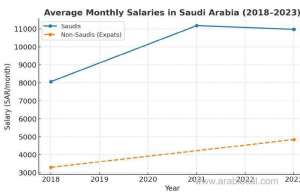Okaz newspaper reported that Saudi Arabia's Supreme Court overturned the acquittal of the defendants in the Grand Mosque crane crash case.
108 people died and 238 were injured in the Haram crane catastrophe seven years ago.
Appeals court upheld Mecca Criminal Court's ruling exonerating all defendants in crane crash case on August 4, 2021. All 13 defendants in the case - including the Saudi Bin Laden Group - were cleared of all charges in December 2020. The court then announced that it had found no further evidence to support its earlier rulings, so a copy of the judgment would be sent to the Court of Appeals for consideration.
On October 1, 2017, the Criminal Court cleared all 13 defendants of negligence charges. According to the Mecca court, the accident was caused by weather conditions, not human error or fault.
Supreme Court's First Circuit reversed all judgments rendered by the Criminal Court and the Court of Appeal in this case. A new judicial circuit, consisting entirely of judges who had never dealt with the case before, was to reexamine all cases.
The Supreme Court's revised ruling has been made known to the Court of Appeal, the defendants, and the appropriate authorities. Sources say ten of the accused were present at the Supreme Court meeting, while three others were not. As a result, the Supreme Court circuit ordered that these defendants not be present at the trial.
In its verdict, the Supreme Court indicated that it had examined numerous aspects of the case, as well as the investigations and rulings surrounding the occurrence. As a result of its no longer necessary nature, the crane was proposed for elimination by the Ministry of Finance. According to the court, defendants also failed to prove that the crane was only left at the location with a written order from the project owner or consultant.
Considering the time of the incident - during the peak of Hajj season, when work halts are scheduled for pilgrims and Umrah performers - the court found that it was not sufficiently established that the crane's arm should remain raised.
As well as the erratic weather during the peak Hajj season, the court cited a lack of safety precautions for pilgrims as a contributing factor.
During its hearing, the court noted “that there was insufficient research regarding the presence of an alert regarding weather conditions relevant to the occurrence in terms of wind direction and speed at the time the alert was issued, and how it was communicated to stakeholders.”







